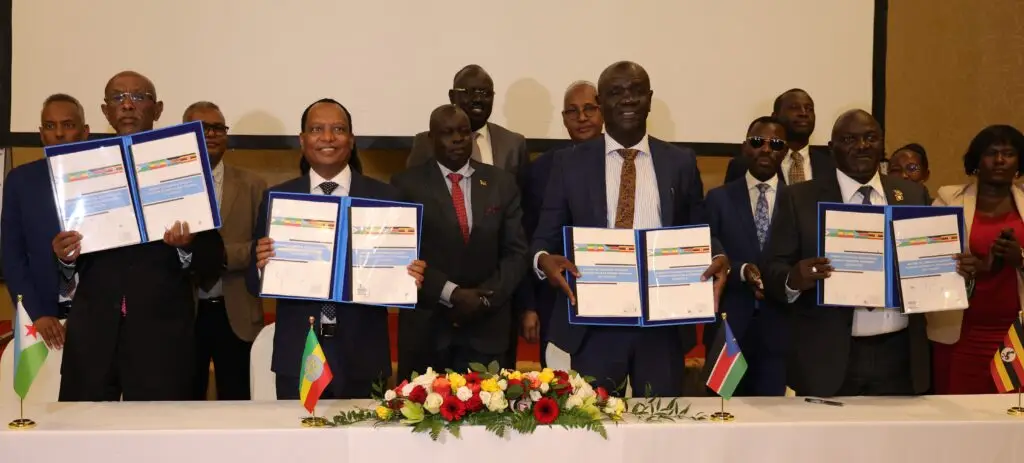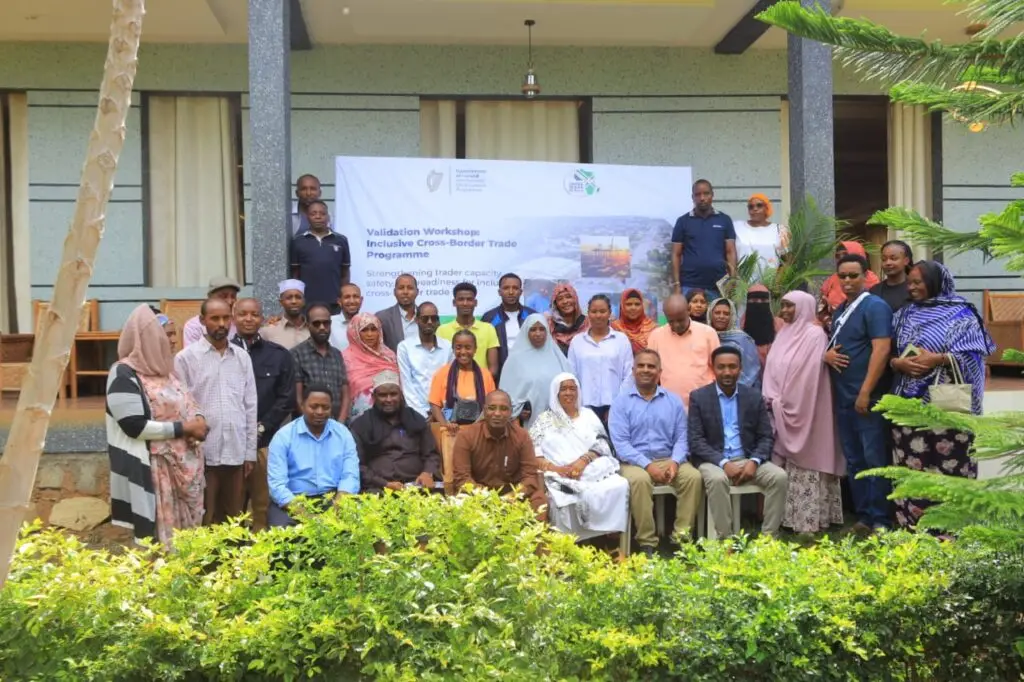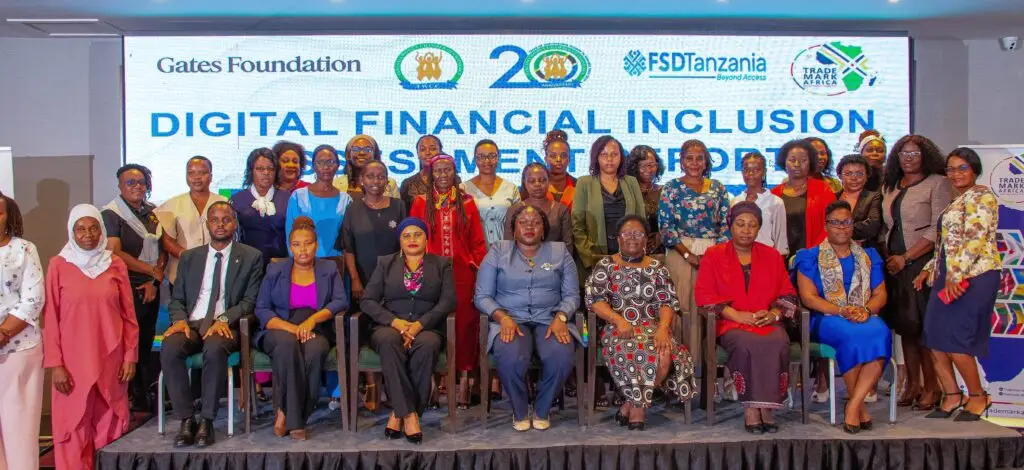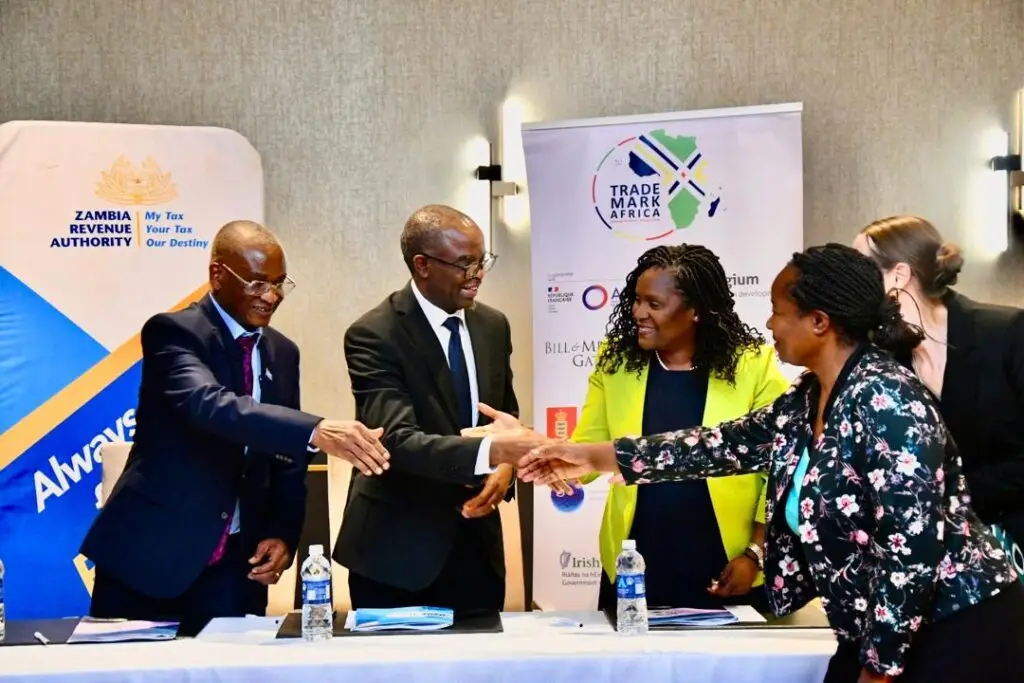Kenya launches electronic warehouse receipt system to cut post-harvest losses and unlock finance for smallholder farmers

Nairobi, Kenya | 25th February 2026: Kenya has officially launched the Electronic Warehouse Receipt System Central Registry (eWRS-CR), a landmark digital platform set to modernise agricultural commodity trade, reduce post-harvest losses, and unlock access to structured markets and financing for farmers and agribusinesses nationwide. Launched by the Warehouse Receipt System Council (WRSC) in partnership with […]
Djibouti, Ethiopia, South Sudan and Uganda Sign Pact to Create DESSU Corridor Authority

Djibouti, 15 February 2026: The governments of Djibouti, Ethiopia, South Sudan and Uganda have formally agreed to establish the Djibouti-Ethiopia-South Sudan-Uganda (DESSU) Corridor Authority. Signed at a ministerial session in Djibouti, the accord sets in motion a regional framework for coordinating trade, transport and logistics across the four nations. This will advance the shared vision […]
Djibouti, l’Éthiopie, le Soudan du Sud et l’Ouganda signent un pacte portant création de l’Autorité du Corridor Djibouti-Éthiopie-Soudan du Sud-Ouganda (DESSO)

Djibouti, le 15 février 2026 : les gouvernements de Djibouti, d’Éthiopie, du Soudan du Sud et d’Ouganda ont officiellement convenu de créer l’Autorité du corridor Djibouti-Éthiopie-Soudan du Sud-Ouganda (DESSO). Signé lors d’une session ministérielle à Djibouti, cet accord met en place un cadre régional pour coordonner le commerce, les transports et la logistique entre les […]
Progrès Réalisés Dans Les Efforts Visant À Éliminer Les Barrières Réelles Au Commerce Africain

Rapport annuel de TradeMark Africa, 2024-2025 Nairobi, Kenya, le 30 janvier 2026: Le Rapport annuel 2024-2025 de TradeMark Africa (TMA) démontre que les droits de douane ne constituent plus le principal obstacle au commerce africain, mais plutôt les mesures non tarifaires ; et que les progrès en matière de croissance du commerce intra-africain et entre […]
There is Progress on Eliminating the Real Barriers to African Trade

TradeMark Africa Annual Report 2024-2025 Nairobi, Kenya, 30 January 2026: TradeMark Africa’s (TMA) 2024-2025 Annual Report makes a case that tariffs are no longer the main obstacle to Africa’s trade but rather non-tariff measures; and that progress in growing intra-African trade and trade between the continent and the rest of the world will come from […]
Kenya ships its most popular mango to the UK ahead of the festive season

London/Nairobi, 23 December 2025: Kenya has shipped its first-ever consignment of the Apple mango variety to the United Kingdom (UK). The consignment confirms that Kenya has implemented phytosanitary measures that meet Britain’s food safety and plant health requirements. The successful shipment demonstrates Kenya’s readiness to expand mango exports while maintaining the highest quality and safety […]
Validation Workshop Confirms Gains for Women and Small Traders at the Moyale Border

Moyale, Ethiopia/Kenya, 19 December 2025: A one-day validation workshop in Moyale has confirmed that training women traders on border procedures and business practices increases their confidence, reduces reliance on informal routes, and strengthens engagement with formal trade systems. The workshop, brought together women and youth traders, border agencies, trade officials and local authorities to validate […]
Study Shows Digital Finance Has Reached Tanzania’s Traders, But Inclusion Must Now Deliver Growth and Security

Dar es Salaam, Tanzania, 19 December 2025 – Digital finance now reaches 95% of women and youth traders in Tanzania. Yet for many, access has not translated into security or growth. Fewer than one in ten use digital savings or credit, leaving most small trading businesses exposed to shocks and short of capital, despite operating […]
Zambia signs agreement for customs system upgrade, setting course for faster trade

Lusaka, Zambia, 16 December 2025 – Zambia has taken a major step towards faster and more predictable cross-border trade by signing an agreement to upgrade the country’s customs management system. The Agreement has been signed by the Zambia Revenue Authority (ZRA), United Nations Conference on Trade and Development (UNCTAD) and TradeMark Africa (TMA) to enable […]
La Zambie signe un accord pour la modernisation de son système douanier, ouvrant la voie à un commerce plus rapide

Lusaka, Zambie, le 16 décembre 2025 – La Zambie a franchi une étape importante vers un commerce transfrontalier plus rapide et plus prévisible en signant un accord visant à moderniser le système de gestion douanière du pays. Cet accord a été signé par l’Autorité fiscale zambienne (ZRA), la Conférence des Nations Unies sur le commerce et […]

